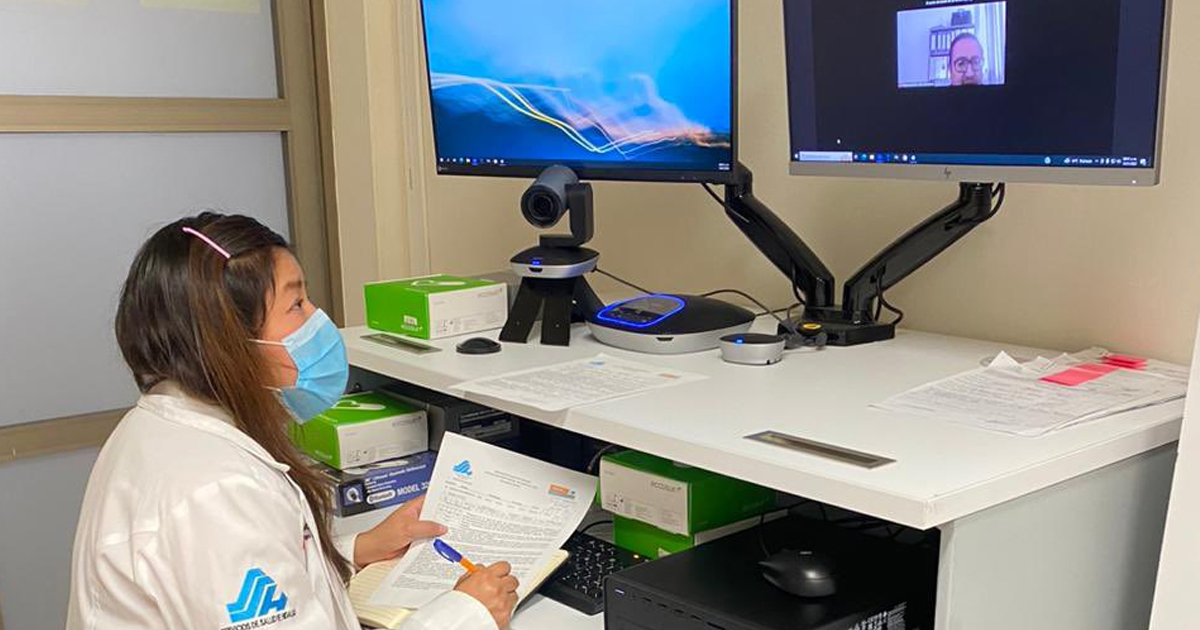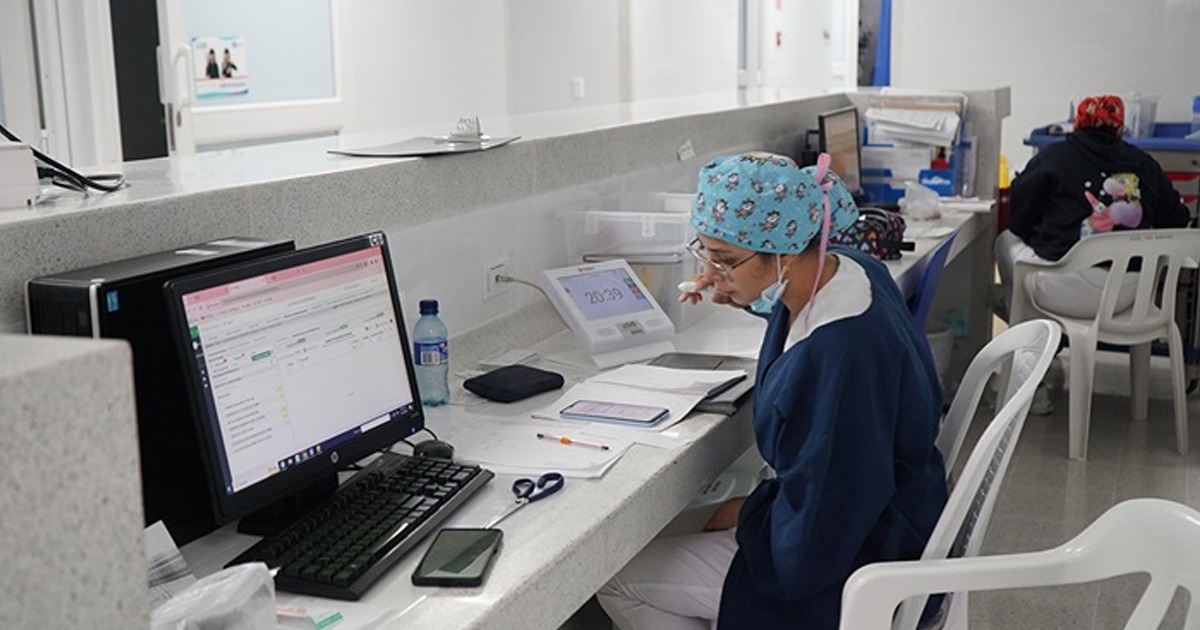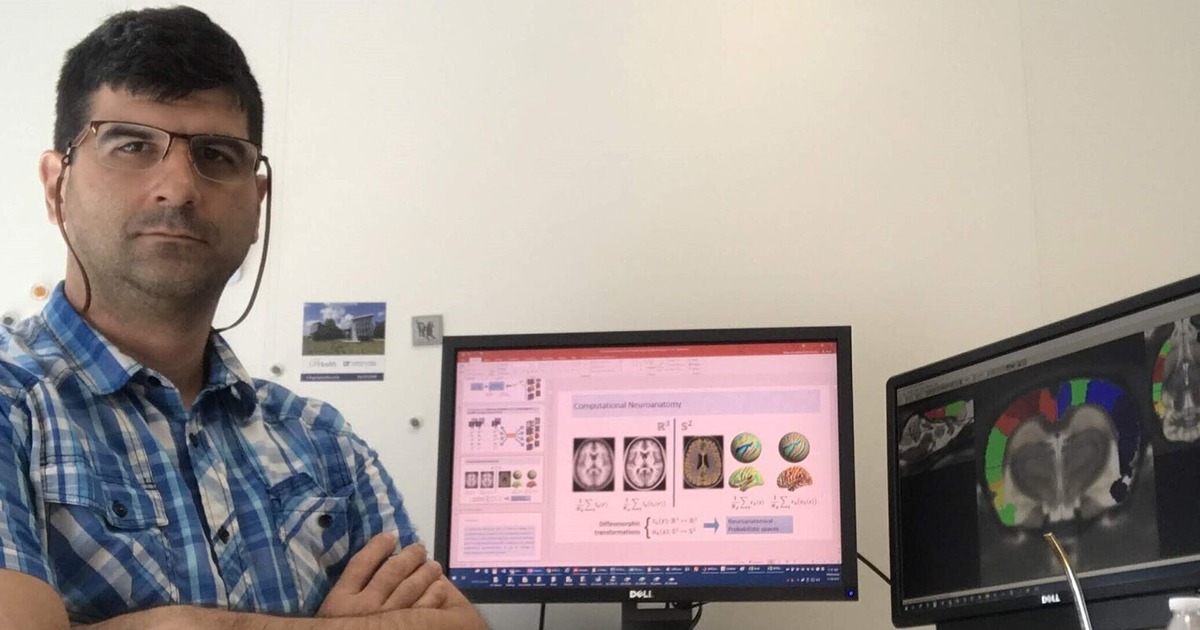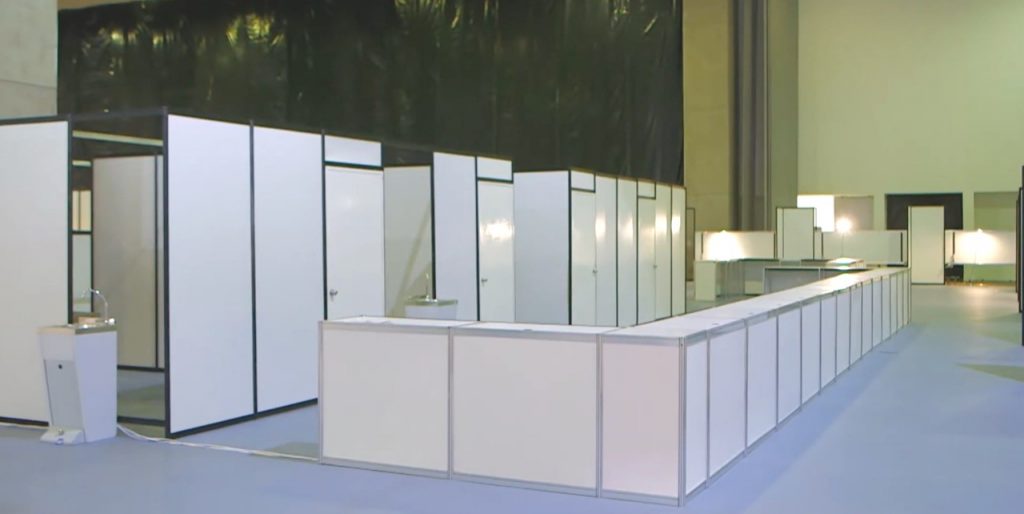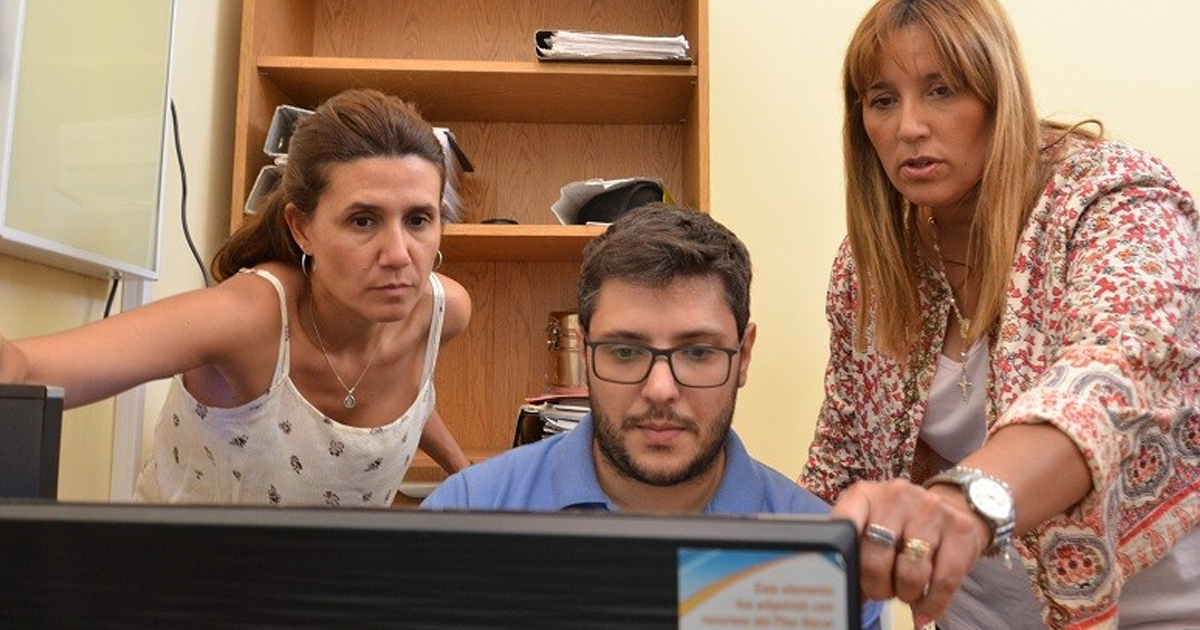The project seeks to ease the detection of positive cases of COVID-19 through an in-app questionnaire and a recording of the user cough.
The University of Guadalajara (UdG), was invited to collaborate on this project of the Massachusetts Institute of Technology (MIT) in order to develop an app that could detect COVID-19 through the sound of coughing.
This project is being developed by MIT's Auto-ID Lab and is led by Catalan Dr. and Researcher Brian Subirana, a professor at MIT and Harvard.
To achieve the development of an application that can detect COVID-19 through coughing, it is necessary to create an algorithm. To optimize this algorithm and obtain the desired results, it is necessary to train it through the massive collection of cough audios from different people. That is why since April collaborations were initiated with hospitals in Barcelona that enabled online platforms for users to upload their audio.
UdG, for its part, launched the “Cough with cause” a campaign to ask for people support to collect the sound of coughing, regardless of whether it is forced, record it and upload it to the site in a process that takes less than a minute.
In addition, through the Civil Hospital of Guadalajara, belonging to the UdG, the cough data of patients taking COVID-19 tests will be collected to train the algorithm with data from confirmed patients.
Once trained the artificial intelligence algorithm will recognize the sound of the cough of a sick person and a healthy person. That is why it takes as many recordings as possible to define what the sound of a "normal" cough sounds like and what COVID-19 patient sounds like.
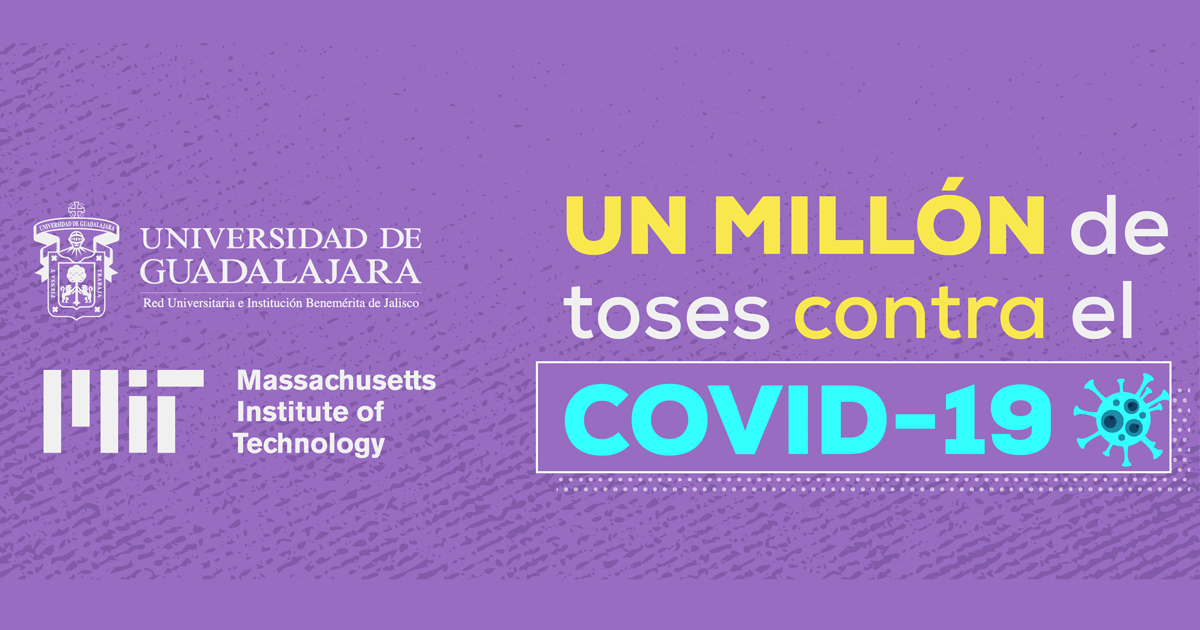
After the collection of information, and the conduct of tests that are expected to produce reliable results, the next step is to present it to the medical and scientific community, as well as to health authorities, so that its use can be approved. The MIT team then suggests making an interoperable, free and open source application available to the population.
To participate and learn more enter the site https://www.toseconcausa.udg.mx/ people aged 20 to 90 can participate, regardless of whether or not they have experienced symptoms of COVID-19.

